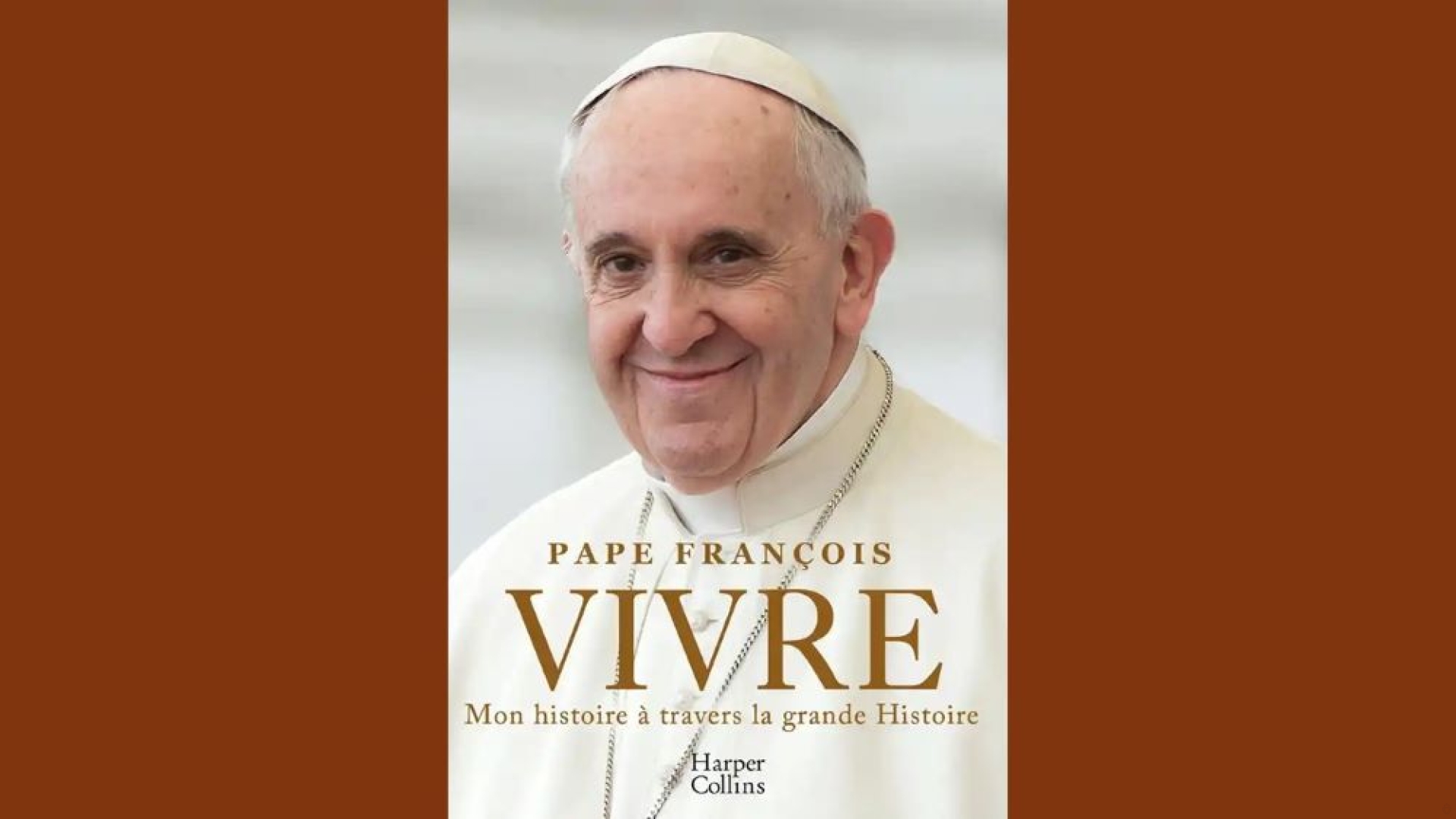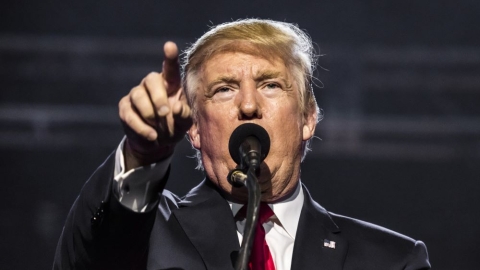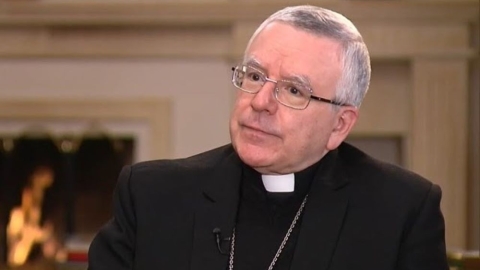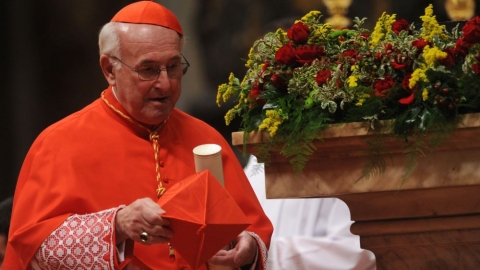Pope Francis Publishes His Memoirs

The Argentine Pontiff gives an account of his life in a work which will be released in the United States and Europe on March 19, 2024. Corriere della Sera has just published excerpts of the book in which the Successor of Peter justifies the principal actions of his pontificate and responds to his most virulent critics.
Offense is the best defense. This is probably one of the key ideas of Life: My Story Through History, a book cowritten by Pope Francis and the Italian journalist Fabio Marchese Ragona, which comes out on March 19, 2024: a date which was not chosen by accident, as it coincides, almost to the day, with the 11th anniversary of his pontificate.
Memories which allow the Argentine Pope to look over the most important moments of his life: those linked especially to the Second World War and the two atomic bombs of Hiroshima and Nagasaki.
An opportunity for the former Archbishop of Buenos Aires to recall his thoughts in the matter of: “the use of atomic energy for the ends of war is a crime against man, against his dignity, and against any possibility of the future in our common home.”
Francis haphazardly evokes a “small crush” felt toward a young woman when he was a seminarian, his experience of the authoritarian regime which marked Argentine life between 1976 and 1983, as well as his “exile in Cordoba” in the 1990s, a consequences of errors committed “due to [his] authoritarian attitude.” An attitude from which he has never really strayed.
The Pope reiterates the themes which are dear to him: condemnation of abortion compared to hiring “hitmen,” denunciation of surrogacy, protection of creation, but also the necessity, according to him, to open the door to homosexual couples, “who are often marginalized within the Church.”
Nevertheless, the work is also an opportunity to settle scores with those who no longer hestitate to openly criticize him or wish for the accession of his successor. He thus makes a charge without restraint against the first circle of followers of his predecessor.
Like the statue of the Commander, the figure of Benedict XVI always seems to haunt his successor, who laments that over the years, “the figure of the Pope Emeritus has been exploited for ideological and political purposes by unscrupulous people who, not having accepted his resignation, instrumentalized him to their own ends, at the risk of a dramatic fracture in the Church.”
Related Article:
Francis Still Hopes to Accomplish Many Things
Resign? The Pope is not considering it. This is one way of targeting those who, in the Curia, speculate on the future: “I think that the Petrine ministry is for life, and therefore I do not see the conditions for a resignation. Things would change if a serious physical obstacle arose and, in this case the figure, I already signed a letter of resignation at the start of the pontificate, which was left with the Secretariat of State,” he recalls.
And he adds that, “Over the years, perhaps some people have hoped that sooner or later, perhaps after hospitalization, I would make an announcement like this, but there is no such risk: Thanks to the Lord, I enjoy good health, and God willing, there are many projects still to realize.”
In sum, the memoirs are in the form of justification but also a warning for the Curia: the reformist program for which the current Roman Pontiff was elected 11 years ago is far from being completed, and the critics have not discouraged him. It’s enough to make a few teeth grind, beyond the Tiber.
(Sources : Vatican Insider/Catholic News Agency/National Catholic Register – FSSPX.Actualités)





